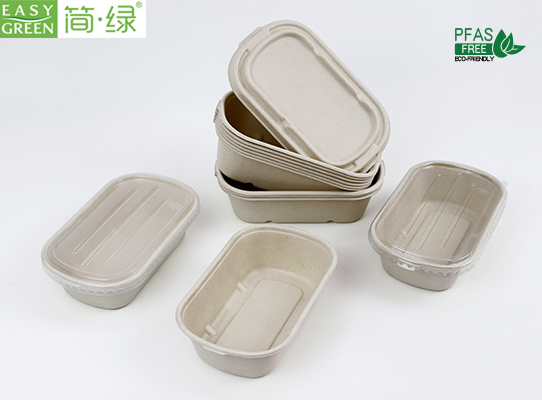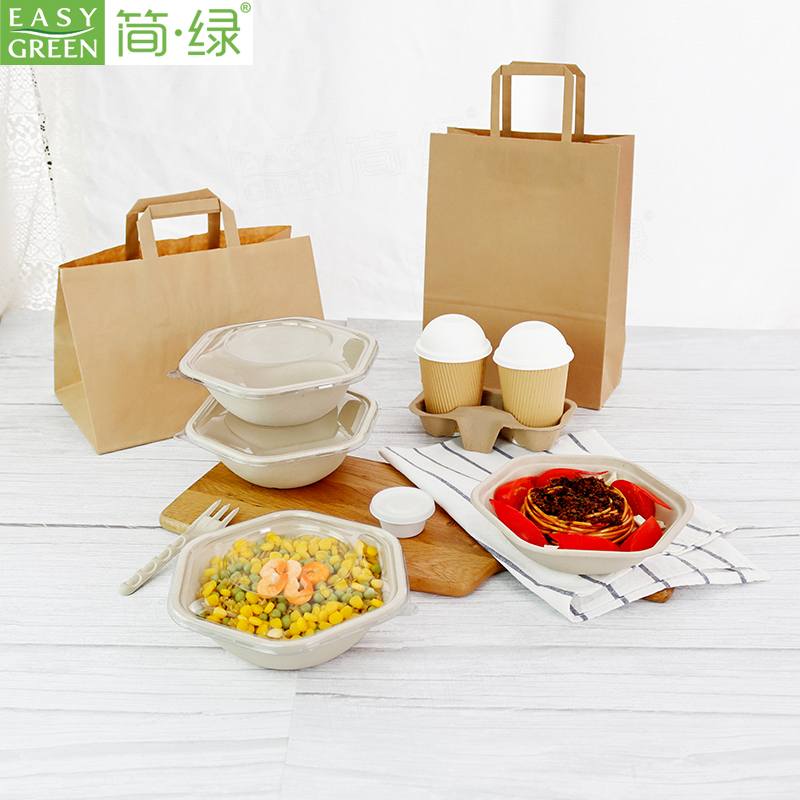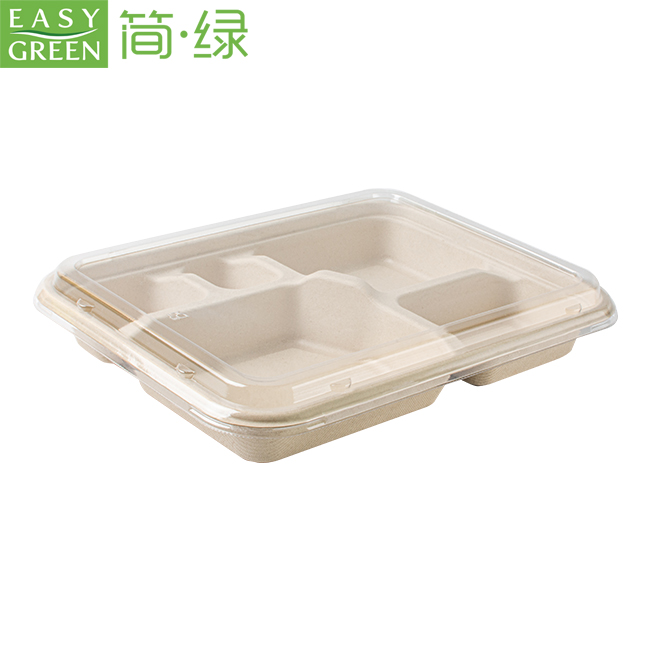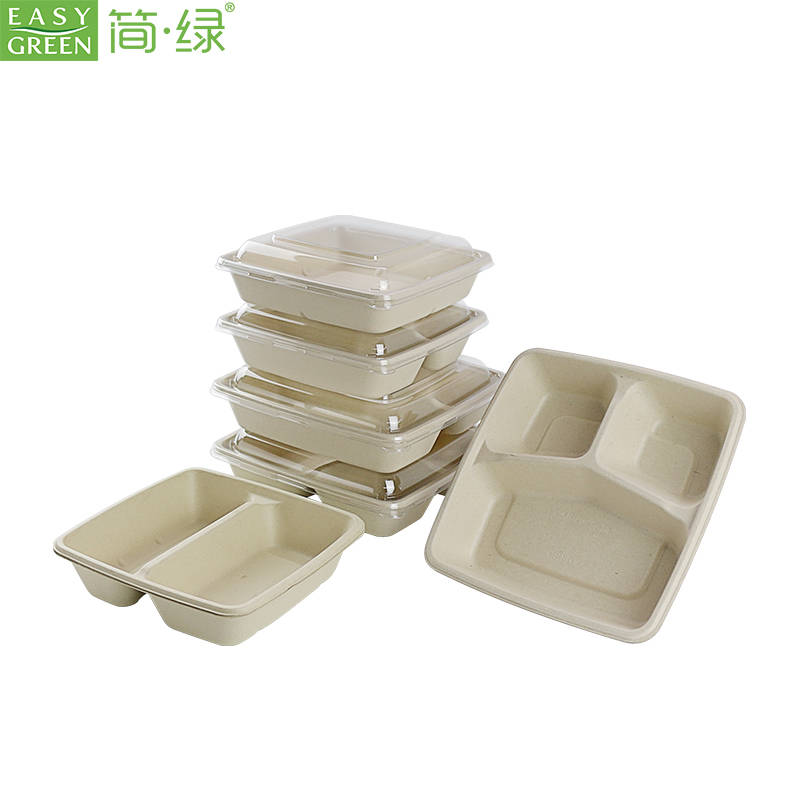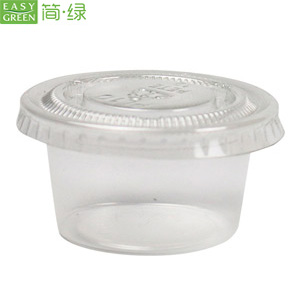RPET Salad Bowls are made from Recycled Polyethylene Terephthalate (RPET), a durable and eco-friendly material derived from post-consumer plastic waste. These bowls offer a stylish and practical solution for serving salads, fruits, or side dishes while reducing plastic pollution. The Round Clear RPET Salad Bowl, for instance, combines transparency with durability, enhancing food presentation.
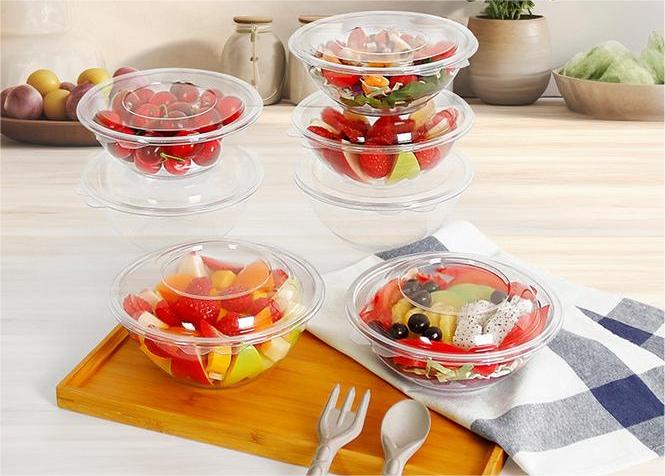
Advantages of Using RPET Salad Bowls
1. Sustainability: RPET Salad Containers are fully recyclable, promoting a circular economy and reducing the need for virgin plastic.
2. Food Safety: Being BPA-free, RPET bowls ensure food is served safely, with no harmful chemicals leaching into your meals.
3. Durability: These bowls are designed for everyday use, resisting cracks and scratches, making them a long-lasting choice.
4. Versatility: Perfect for home use, picnics, or catering events, RPET salad bowls blend seamlessly into various settings.
5. Cost-Effective: In the long run, their reusability and durability make RPET bowls a cost-effective alternative to disposable plastic.
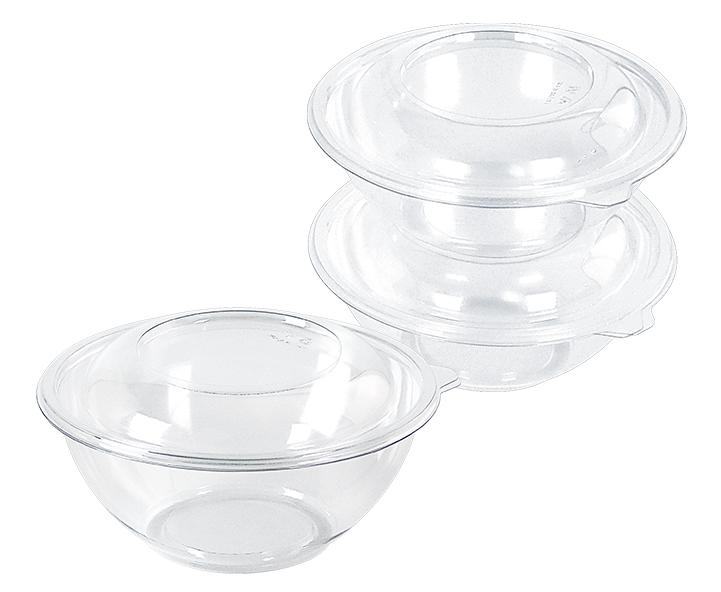
Market Trends and Consumer Adoption
As consumers become more environmentally conscious, the demand for recyclable and sustainable packaging like RPET salad bowls and food boxes is soaring. Retailers and restaurants are embracing these eco-friendly options to appeal to a wider audience. The clear rPET salad bowls, with their stylish design, are particularly popular among health-conscious individuals and environmentally aware households. The introduction of matching rPET lids further enhances their convenience and portability.
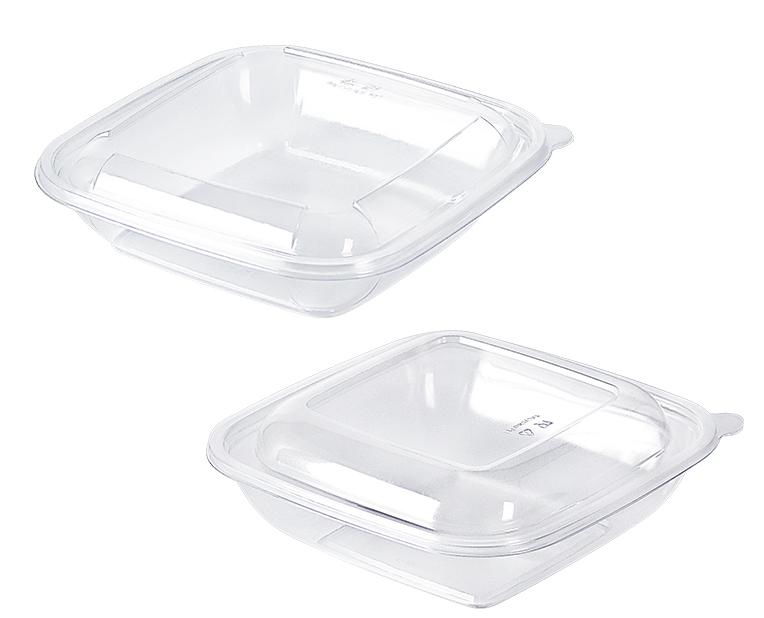
Challenges and Opportunities
Challenges: While rPET salad bowls offer numerous benefits, their initial cost can be higher than traditional plastic bowls. Additionally, increasing public awareness and education about the benefits of recycling and sustainable packaging remains crucial.
Opportunities: Technological advancements are reducing production costs, making rPET salad bowls more accessible to a wider range of consumers. Moreover, government incentives and regulations favoring sustainable packaging present significant opportunities for growth. Collaborative efforts between manufacturers, retailers, and consumers can further accelerate the adoption of reusable green food packaging, fostering a greener future for all.
 English
English 
